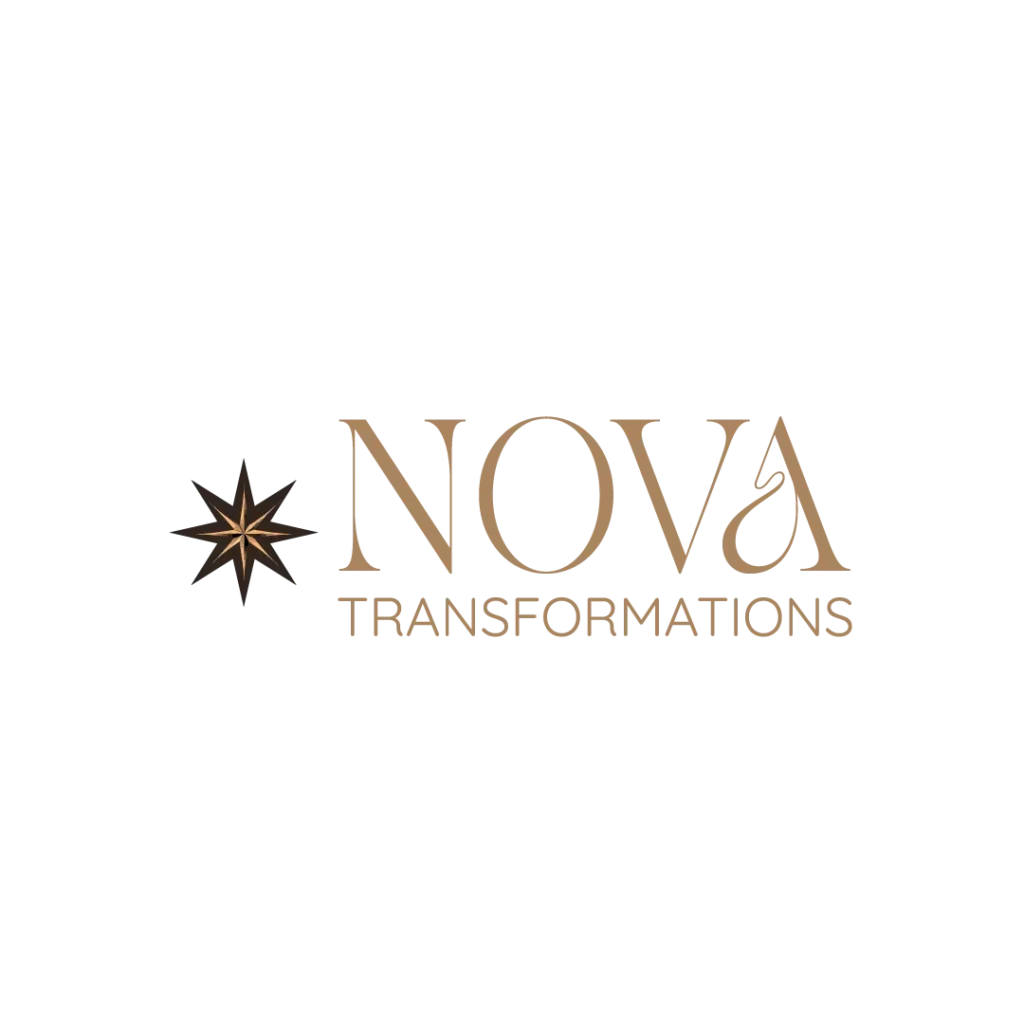Addressing Adolescent Addiction
Understanding Adolescent Substance Use
Understanding adolescent substance use is crucial for effective adolescent addiction treatment. Research shows that nearly three-quarters of enrolled youth demonstrate no ongoing substance use problems (SUP) three years post-treatment initiation. However, one-third reveal signs of mental health problems (MHP) during this time, indicating a significant connection between the two.
Substance use problems in adolescents are often compounded by mental health issues. International reviews indicate that 50–90% of adolescents facing substance use problems also endure significant mental health challenges. Key predictors of treatment outcomes encompass early onset of substance use, severity of the addiction, and various social factors such as peer influences and parental substance use. These risk factors highlight the complex nature of adolescent addiction and underscore the urgent need for professional intervention.
| Risk Factors for Treatment Outcomes |
|---|
| Early onset of substance use |
| Severity of substance use problems |
| School performance issues |
| Peer influences |
| Parental substance use |
| Criminality |
| Gender and ethnicity |
Importance of Early Intervention
Addressing addiction early in life is critical. Most adults with substance use disorders began using substances during their adolescent and young adult years (CDC). Early intervention can significantly alter the trajectory of an adolescent’s life, preventing progression into more severe addiction and associated problems.
By recognizing the signs of adolescent substance use early, families and professionals can engage in tailored treatment strategies aimed at rehabilitating young individuals before patterns become entrenched. Programs like those offered at Nova Transformations prioritize these early interventions, addressing both substance use and underlying mental health conditions to promote long-term recovery. For those seeking assistance, exploring options such as individual therapy addiction treatment or dual diagnosis treatment can be crucial for achieving successful outcomes.
Treatment Options for Adolescents
Adolescent addiction treatment requires a comprehensive approach that addresses the unique needs of young individuals struggling with substance use. At Nova Transformations, you can explore tailored treatment options designed to facilitate recovery effectively.
Individualized Therapy Approaches
Individualized therapy is essential for meeting the distinct requirements of adolescents dealing with substance use issues. With an emphasis on personalized care, this approach tailors strategies to the specific challenges and circumstances each individual faces. Therapies can include:
- Cognitive-Behavioral Therapy (CBT): This therapy helps adolescents identify and change negative thought patterns associated with their substance use.
- Motivational Interviewing (MI): This patient-centered counseling style encourages adolescents to explore and resolve their ambivalence about using substances.
By focusing on the individual, therapists can create a supportive environment that promotes healing and personal growth. For more on therapeutic modalities, visit our section on effective therapeutic techniques such as CBT and MI.
Family-Based Interventions
Family involvement is crucial in the recovery journey of adolescents. Research shows that approximately 40 to 60% of adolescents with substance use problems also experience significant mental health issues (NCBI PMC Article). Strong family bonds, open communication, and clear expectations about substance use serve as powerful protective factors against drug abuse (Project Courage Works).
Family-based interventions have been proven to be more effective in reducing substance use among adolescents. Techniques may involve:
- Multisystemic Therapy (MST)
- Multidimensional Family Therapy (MDFT)
- Functional Family Therapy (FFT)
- Ecologically Based Family Therapy
- Family Behavior Therapy
- Strengths Oriented Family Therapy
These treatments emphasize assessing and addressing risk and protective factors within the family system, enhancing the chances of a successful recovery. For additional reading, check our resources on family therapy addiction treatment.
By selecting tailored treatment options like individualized therapy and family-based interventions, you can support the road to recovery for adolescents facing addiction challenges effectively. Emphasizing both individual and family dynamics creates a nurturing atmosphere conducive to lasting change.
Effective Therapeutic Modalities
In the realm of adolescent addiction treatment, specific therapeutic modalities prove to be highly effective. Two of the most prominent approaches are Cognitive-Behavioral Therapy (CBT) and Motivational Interviewing (MI). Each serves a unique purpose in the recovery journey and can be integral to achieving successful outcomes.
Cognitive-Behavioral Therapy (CBT)
Cognitive-Behavioral Therapy (CBT) is recognized as an evidence-based treatment for adolescent substance use. Research demonstrates that CBT effectively addresses the underlying thought patterns that contribute to addiction. A meta-analysis conducted by Lipsey and colleagues showed that CBT, along with family therapy, yields favorable outcomes for adolescents facing substance use challenges (NCBI).
CBT strategies focus on developing coping skills, challenging negative thoughts, and promoting positive behavior changes. Recent advancements in CBT have introduced third-wave therapies that emphasize acceptance and mindfulness techniques, making the approach more holistic. By fostering resilience and equipping adolescents with the necessary tools to manage their emotions and stressors, CBT plays a crucial role in long-term recovery.
| Key Benefits of CBT |
|---|
| Addresses negative thought patterns |
| Enhances coping strategies |
| Fosters emotional regulation |
| Promotes behavioral change |
For more information on tailored therapy approaches, visit our section on individual therapy addiction treatment and explore the wide range of strategies available.
Motivational Interviewing (MI)
Motivational Interviewing is another effective treatment modality for adolescents facing substance use disorders. MI aims to enhance intrinsic motivation for change by working collaboratively with individuals to resolve ambivalence about their behavior. Studies indicate that MI can be delivered as a standalone treatment or in conjunction with other therapies, making it versatile and accessible in various settings.
The MI approach focuses on empathetic communication and reflection, helping adolescents articulate their reasons for wanting to change and reinforcing their commitment to recovery. As a result, MI has shown promise in fostering behavioral changes that lead to reduced substance misuse.
| Key Benefits of MI |
|---|
| Enhances internal motivation |
| Engages adolescents in their treatment |
| Encourages self-exploration and commitment to change |
For comprehensive treatment options and modalities tailored for adolescents, consider exploring our offerings in dual diagnosis treatment and substance abuse comprehensive outpatient treatment.
By incorporating therapeutic modalities such as CBT and MI, Nova Transformations provides a solid foundation for adolescents battling addiction, empowering them with the skills and motivation needed for recovery.
Holistic Approaches to Healing
Incorporating holistic approaches into the treatment of adolescent addiction can enhance overall recovery. These methods focus on nurturing the mind, body, and spirit, leading to a more comprehensive healing process.
Incorporating Mindfulness
Mindfulness practices are becoming increasingly recognized for their benefits in addiction treatment. Evidence suggests that mindfulness techniques can reduce stress and improve emotional regulation. These practices involve staying present and fully engaging with the moment, which helps adolescents manage cravings and reduce impulsive behaviors.
Research demonstrates that mindfulness can improve self-awareness and promote healthier thought patterns (NCBI). Programs at Nova Transformations may include mindfulness meditation, yoga sessions, and other mindfulness-based activities designed to support recovery.
| Benefits of Mindfulness in Addiction Treatment |
|---|
| Reduces stress and anxiety |
| Improves impulse control |
| Enhances self-awareness |
| Promotes emotional regulation |
| Supports relapse prevention |
Utilizing Digital Interventions
Digital interventions are innovative tools in adolescent addiction treatment. They enhance the effectiveness of traditional therapies by incorporating technology. These can include mobile apps for tracking progress, online therapy sessions, or interactive programs that teach coping strategies and life skills.
Recent advancements suggest that digital interventions can improve engagement and accessibility for adolescents seeking help. By utilizing these technologies, treatment can be personalized to meet individual needs, making recovery more achievable.
| Types of Digital Interventions |
|---|
| Mobile health apps (apps for recovery tracking) |
| Teletherapy (online therapy sessions) |
| Interactive educational programs |
| Virtual support groups |
| Digital journaling (to enhance self-reflection) |
Incorporating mindfulness and digital interventions at Nova Transformations not only addresses the symptoms of addiction but also fosters personal growth and resilience, equipping adolescents for a successful recovery journey. These holistic methods are essential components of comprehensive adolescent addiction treatment.
Supportive Family Strategies
Role of Family Dynamics
Family dynamics significantly influence adolescent behavior, particularly regarding substance use. Understanding these dynamics is crucial in addressing and overcoming adolescent addiction. Recognizing dysfunctional roles within the family, such as the Enabler, Scapegoat, and Addict, can help you recognize patterns that contribute to your loved one’s struggles with substance use. Addressing these roles is essential for fostering a healthier family environment conducive to recovery.
Families that actively engage in the recovery process create a supportive atmosphere for adolescents. Open communication and mutual understanding can break the cycle of addiction, promoting healing for all family members. A study indicated that family involvement in substance use treatment is crucial for achieving successful outcomes by targeting both family-based risk factors and protective factors (NCBI PMC). By focusing on restructuring these dynamics, families can provide a solid foundation for their loved ones to recover effectively.
Building Strong Family Bonds
The strength of family bonds plays a vital role in protecting adolescents from substance abuse. Strong connections, characterized by open communication and defined expectations regarding substance use, can deter experimentation with drugs and alcohol (Project Courage Works). Parents who actively monitor their children’s activities and engage with them regularly are more likely to reduce the risk of drug and alcohol use.
Implementing regular family meetings, participating in family activities, and establishing clear expectations create a supportive network for adolescents. These practices encourage adolescents to share their thoughts and challenges, making them feel valued and understood. Moreover, evidence suggests that addressing family dynamics and creating a strong support system can lead to positive changes in adolescents facing addiction (NCBI).
Incorporating family therapy into the treatment process enhances the success rate of adolescent addiction treatment. By building a cohesive family unit, you lay the groundwork for recovery and resilience against future challenges. Exploring available treatment options such as family therapy addiction treatment can provide additional support and resources on this journey.
Ongoing Care and Recovery
After completing an adolescent addiction treatment program, the journey does not end. Long-term support and recovery strategies play a vital role in maintaining sobriety and encouraging positive behavioral changes.
Long-Term Treatment Success
Research indicates that early intervention significantly impacts long-term recovery outcomes. Without a solid aftercare plan, many adolescents may experience relapse. Nova Transformations provides a comprehensive approach to long-term recovery through ongoing support initiatives.
| Aftercare Service | Description |
|---|---|
| Relapse Prevention Program | Teaches coping strategies to avoid triggers. |
| Support Groups | Provides a community of peers experiencing similar challenges. |
| Transitional Housing | Offers a stable and safe environment for recovery. |
Statistics show that adolescents who engage in aftercare support services report better success rates in maintaining sobriety. These services ensure that treatment does not end abruptly but integrates ongoing counseling and community resources, crucial for sustainable recovery.
Community-Based Support Systems
Community support systems are instrumental in an adolescent’s recovery journey. Local programs often provide resources, mentorship, and practical assistance, creating a safety net for youths in recovery. Engaging with community organizations can enhance a teen’s confidence and motivation to remain sober.
Key community support elements include:
- Recovery Support Groups: These groups offer a platform for sharing experiences and encouragement among peers.
- Addiction Recovery Community Initiatives: Local organizations typically organize events and social activities that promote healthy interactions, helping adolescents build supportive relationships without substances.
- Resource Centers: These centers provide access to educational materials, counseling services, and various therapeutic approaches.
Fostering connections within the community can significantly diminish feelings of isolation often experienced after leaving treatment. Adolescents can learn to interact with their peers in drug-free environments, reinforcing their commitment to recovery.
For additional support options, explore our various programs such as outpatient drug rehab programs and aftercare support programs. Each step you take in ongoing care and recovery is essential for paving the way to a healthier, addiction-free life.








